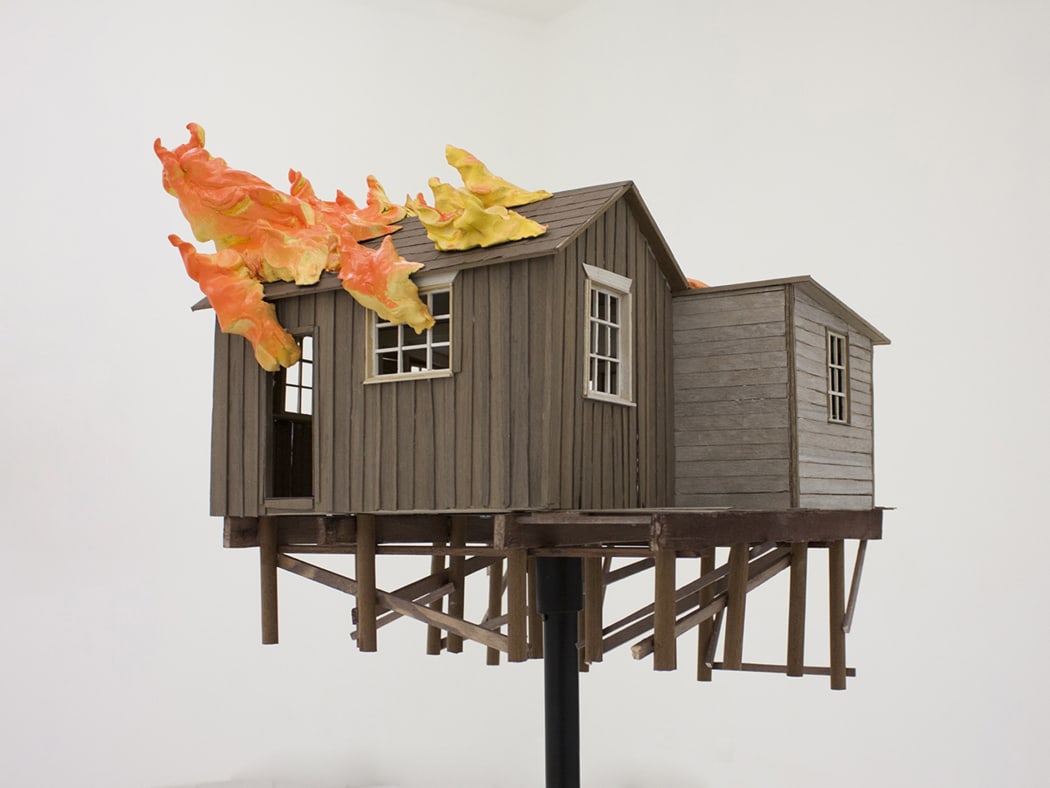
The ADNBlog -just like the whole ADN project- focuses on the relationships between art, politics and society.
Well then, from all the possibilities offered by this thematic framework, I do not know why but I decided to focus on the efforts that every artist interested in addressing political and social issues has to make to avoid being identified with the free rider figure (who has benefitted from what has been produced in a communitarian way). I think that this is due to the error of mixing up what is moral and what is political, as it may be observed in the fact that the free rider may be exposed to moral and not penal disapproval. So too, flirting with moral conflict, I decided to use as a writing technique the most despicable expression of academic production: the cut and paste method from Wikipedia.
Although, as regards its sound, free rider somehow brings me to Easy Rider -the film- and to its soundtrack Born to be Wild, I see that in the Spanish translation it has lost this mythical projection, for it transforms its name into the stowaway problem, also known in a more cruel and well-deserved manner the parasite consumer. Be that as it may, a free rider is someone who legally obtains goods and services but does not pay for them.
In Wikipedia free rider is related to TANSTAAFL, an acronym of the English adage "There Ain't No Such Thing As A Free Lunch”. This acronym and the phrase it includes have no clear origins, although it is commonly accepted that it was popularised by the science fiction writer Robert A. Heinlein in his novel from 1966 The Moon Is a Harsh Mistress, where TANSTAAFL appears as the shield motto of the anarchist Republic of the Moon.
We should notice that TANSTAAFL is a rhetorical device that is frequently employed by the economists aligned with libertarism in their writings. They, who advocate ownership and free markets as the most solid bases to guarantee individual freedom, are also opposed to all politics intended to meet social needs with solidarity for they think that it would foster the establishment of an idle population that would live at the expense of others; at most they accept to meet the basic physiological needs to maintain homeostasis (survival).
It might seem confusing to associate an anarchist Republic with libertarism, but we must take into consideration that Robert A. Heinlein was also one of the leaders of anarcho-capitalist individualism (also known as free-market anarchism, market anarchism and private-ownership anarchism). A political philosophy that belongs to the sphere of classical libertarism that advocates the abolition of the state in favour of individual sovereignty (also self-ownership).
This sharpening of individualism is in line with the ideas defended by Henry David Thoreau in Civil Disobedience -the title of a conference published in 1849. In this piece of writing Thoreau explains the basic principles of civil disobedience. The same principles that he put into practice in the summer of 1846 when he refused to pay his taxes and ended up being arrested and put into jail in the Concord Prison for a day. The tax collector had gone to the cabin where Thoreau was living in Walden. As a two-year experiment, Thoreau had moved there on July 4, 1845, to lead a simple life in a small house that he himself had built on a piece of land owned by Ralph Waldo Emerson, in a reforested wood on the banks of Walden Pond.
The house was located in a fourteen-acre (57,000 m²) "beautiful meadow and wood" that Emerson had bought, 2.4 km away from his family home. The land was right at the place where Emerson had wanted to establish his project Fruitlands; a utopian community based on the ideals of Transcendentalism. For the transcendentalists, every individual's soul is exactly the same as the world's soul and contains what the world contains. Therefore, in Fruitlands they worked with the feeling that the advent of a new era was within reach and that it would operate on the basis of a common effort, with no working animals and where its members would not eat meat and would not use wool. Despite these noble goals, Emerson abandoned his purpose for he found out that "they are always hungry for gold, silver and land".
P.S.: The replica of the Walden cabin, the one that inspired Unabomber, is today a tourist attraction, and if you would like to have one, the company Pine Street Carpenters has it listed in its catalogue.

